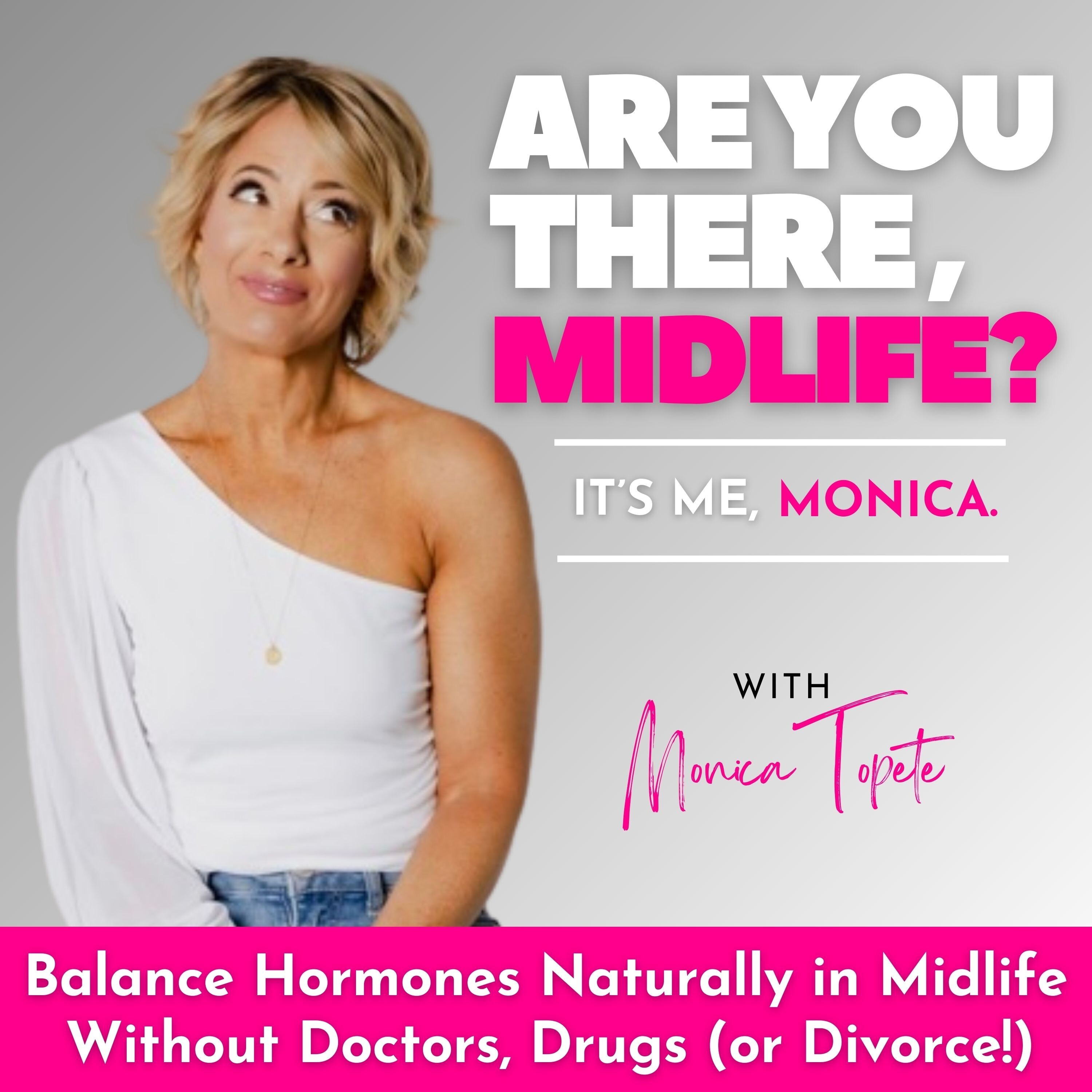45 | Breast Cancer Support Month: How to Reduce Your Risk By Up to 70% In Perimenopause & Menopause!
Description
Hey friend,
It’s National Breast Cancer Month and in today’s episode, we’re talking about breast cancer prevention.
When it comes to breast cancer occurrence, here’s what we know:
ONE in EIGHT women will be diagnosed with breast cancer in her LIFETIME.
In North America, a woman dies of breast cancer every 12 minutes.
It’s shocking.
For all of the research and walks and advances in pharmaceuticals, we still don’t have a cure for breast cancer. (Yet.) 🙏
But here’s the good news: We can reduce our personal lifetime risk of breast cancer through changes to our diet and lifestyle by AS MUCH AS 70%!
Join me for today’s episode as we unpack:
How hormones and breast cancer are unequivocally linked
What type of breast cancer is on the rise in women under 49
The connection between alcohol, estrogen, and breast cancer
The best type of exercise for breast cancer prevention
Which is a greater risk: excess weight or excess body fat?
The best vegetables for preventing estrogen receptor-negative breast cancer
Plus, I’ll share how managing hormonal imbalances like estrogen dominance and elevated cortisol can reduce your breast cancer risk as well as two free resources to help balance your hormones naturally.
Whether you have a family history of breast cancer, are a breast cancer survivor in remission, or just want to know how you can be proactive to prevent breast cancer, this episode is for you!
—
Next Steps:
Take my FREE Hormone Quiz: https://bit.ly/takemyhormonequiz
Book a FREE Hormone Clarity Call: https://bit.ly/hormoneclaritycall
EP 22 | Weight Gain, Belly Fat, and What To Expect In Menopause: https://pod.fo/e/24c740
EP 30 | 8 Healthy Drinking Hacks To Reduce The Effects of Alcohol On Your Perimenopause or Menopause Symptoms: https://pod.fo/e/25b045
Become A Podcast Insider: https://areyoutheremidlife.com/
Email Me: [email protected]
*Disclaimer: Information provided in this podcast is for educational and entertainment purposes only. The information is not intended or implied to supplement or replace professional medical treatment, advice, and/or diagnosis. I share the strategies that have worked for me and you are advised to do your own research and speak to your medical provider for care.
More Episodes
Do you have a hormone imbalance? Take my FREE Hormone Symptom Profile Assessment and get your custom evaluation and results.
Hey friend,
Today, I’m talking about FOMO, or more specifically food FOMO.
Because the holiday season is here and that means a lot of food temptations.
If you’re...
Published 11/19/24
Published 11/19/24
Hey friend,
Today, I’m talking about the #1-holiday gut issue affecting women in perimenopause and menopause and how to curb or prevent a flare-up.
Yep, I’m talking about candida.
I can’t tell you how many women reach out to me every January regarding another yeast infection they’ve tried...
Published 11/12/24


